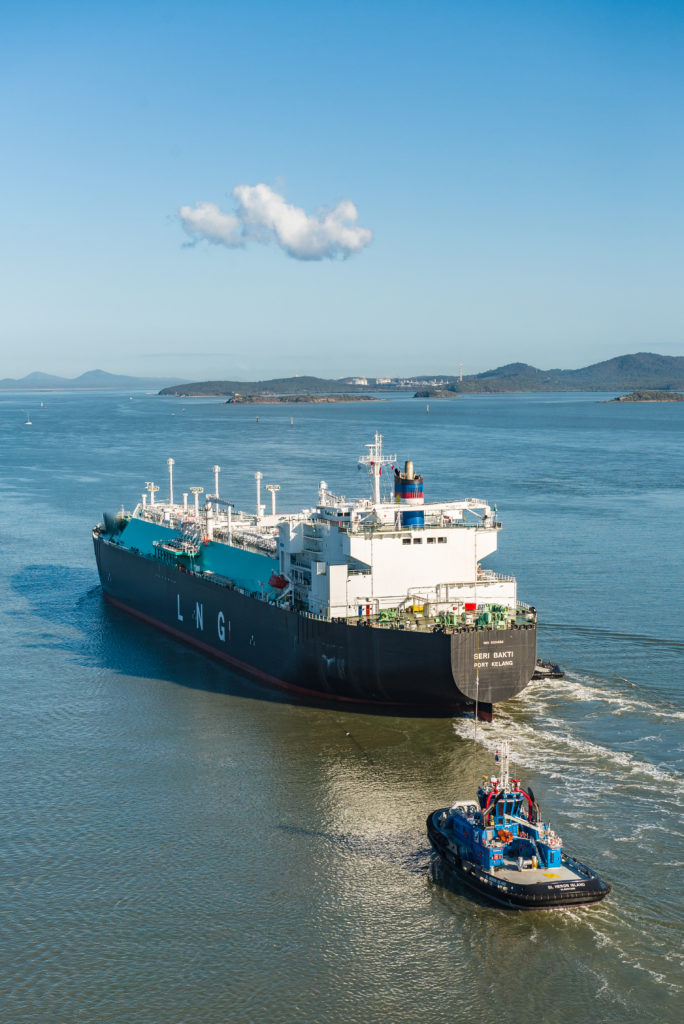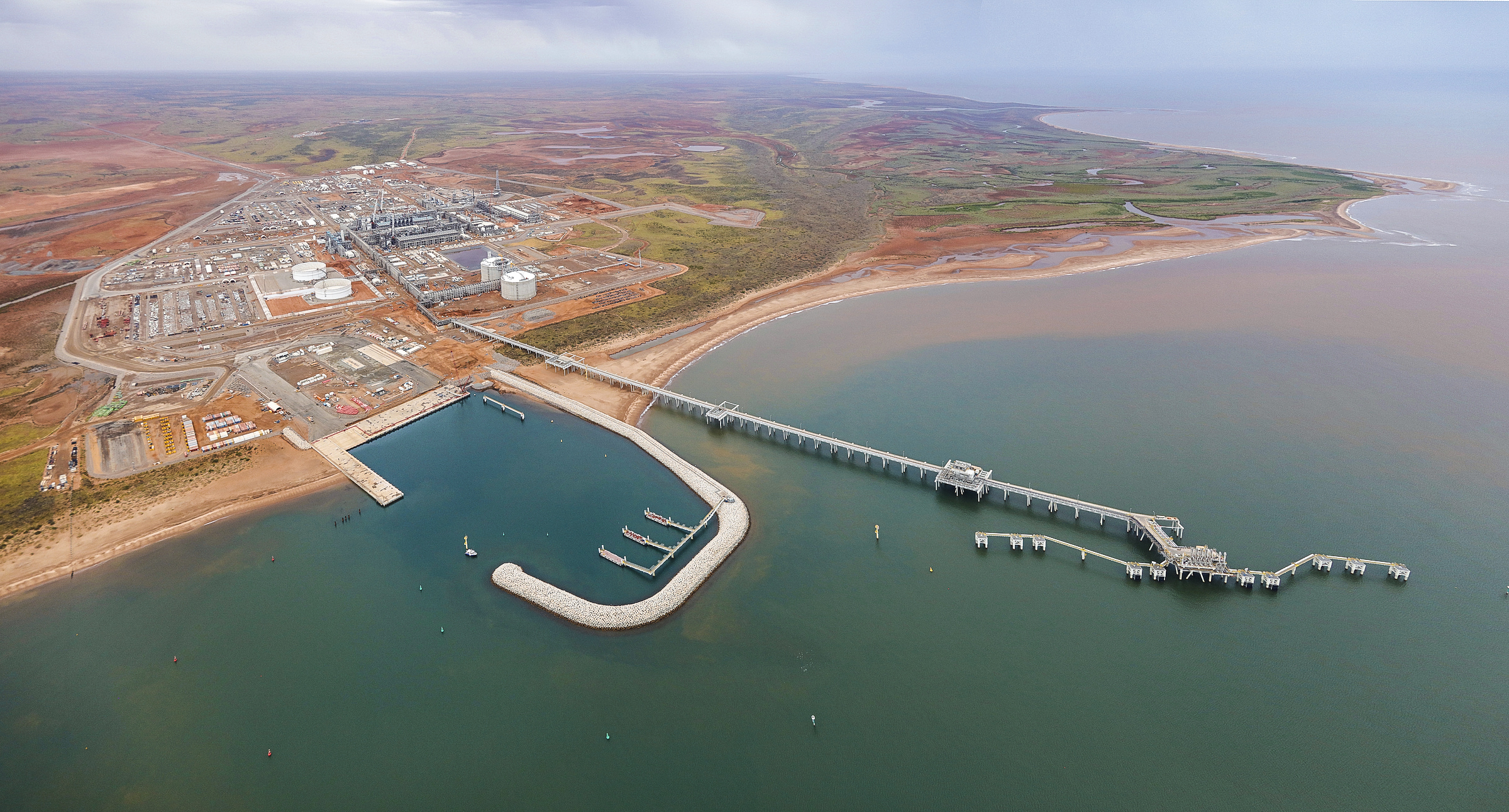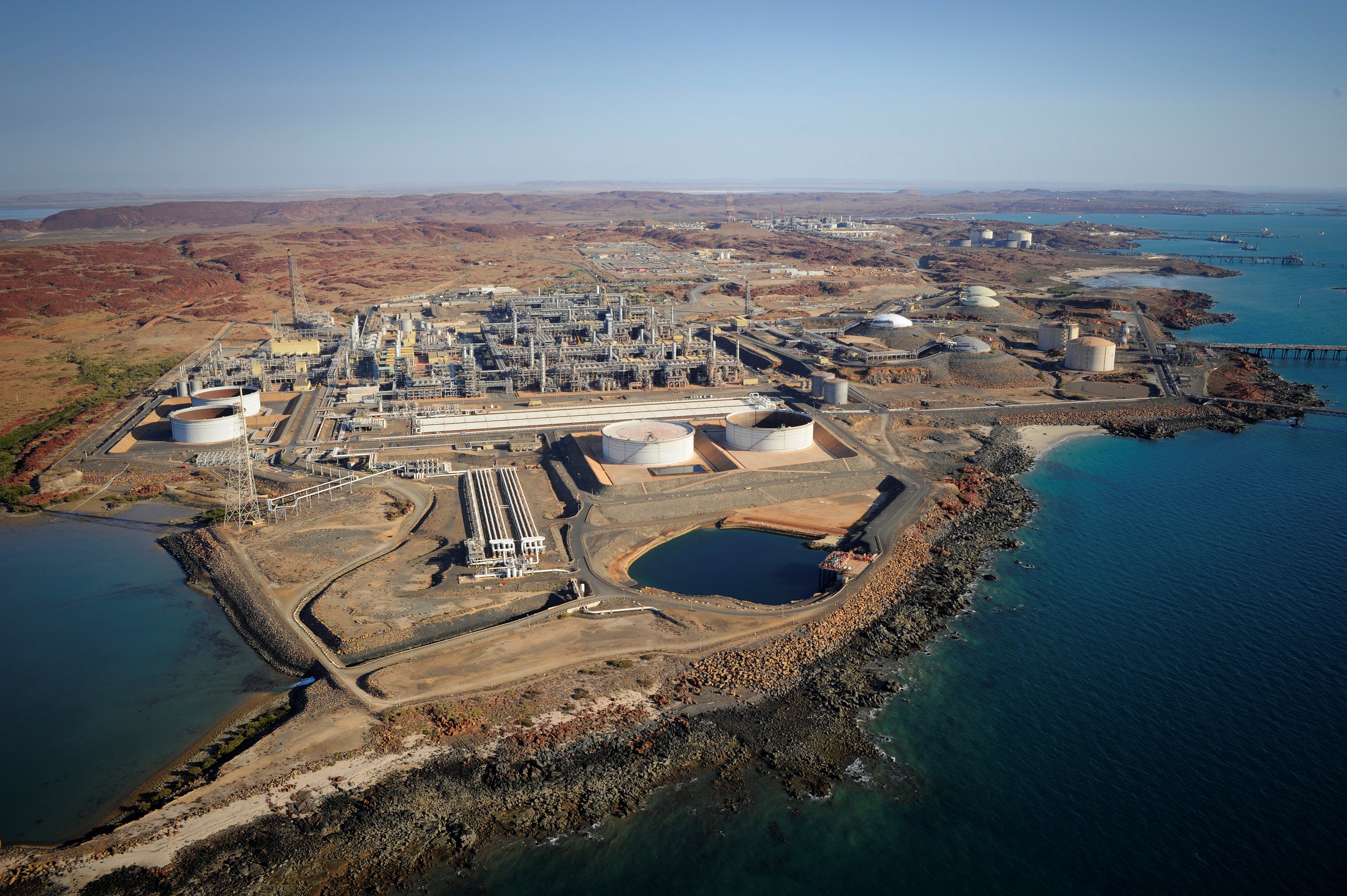Australia’s resource and energy export earnings in 2016–17 increased to $204 billion, and are forecast to reach a record $211 billion in 2017–18, before declining to $201 billion in 2018–19.
The Resources and Energy Quarterly – September Quarter 2017, released by the Department of Industry, Innovation and Science, shows a 27 per cent increase in earnings in 2016–17.
The report shows this increase was largely driven by price increases in iron ore and metallurgical coal, which are Australia’s top two resources and energy commodity exports.
Price spikes in metallurgical coal and iron ore in 2016–17 were aided by capacity cuts in coal, a resurgence of China’s steel sector, as well as by temporary supply disruptions.
“Buoyant prices for steel-making commodities and thermal coal, and increased LNG export volumes, are expected to increase Australia’s resource and energy export earnings to a record $211 billion in 2017–18,” the department’s Chief Economist, Mark Cully said.
However, the high prices that have bolstered Australia’s resources and energy export earnings in 2016–17 and (so far in) 2017–18 are not expected to last. The combination of slowing demand growth from China’s steel sector and increased global supplies are expected to lower export unit values in 2018–19.
Despite the forecast decline in export earnings, LNG export growth is expected to constrain declines in export values in 2018–19.
“In the next two years, LNG export earnings are forecast to increase at an annual average rate of 26 per cent, to reach $35 billion in 2018–19, becoming Australia’s second largest resources and energy commodity in terms of export earnings,” Mr Cully said.
This edition of the Resources and Energy Quarterly also features a special report on the prospects for India’s resource commodity consumption out to 2035.
“The prospects for Indian resource and energy commodity usage over the next twenty years are promising, though it won’t be on the same scale that we have seen from China over the past decade or so,” Mr Cully said.





